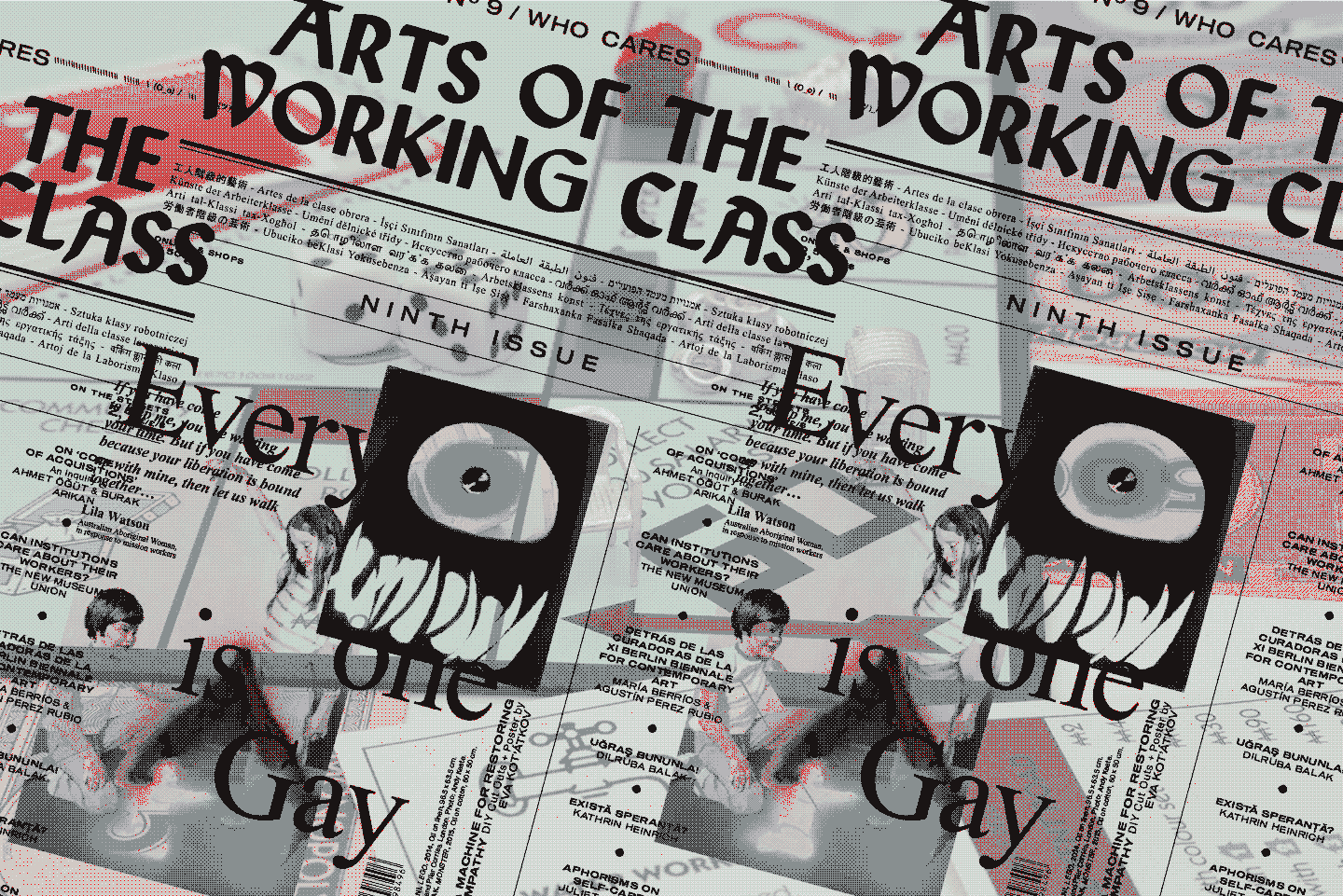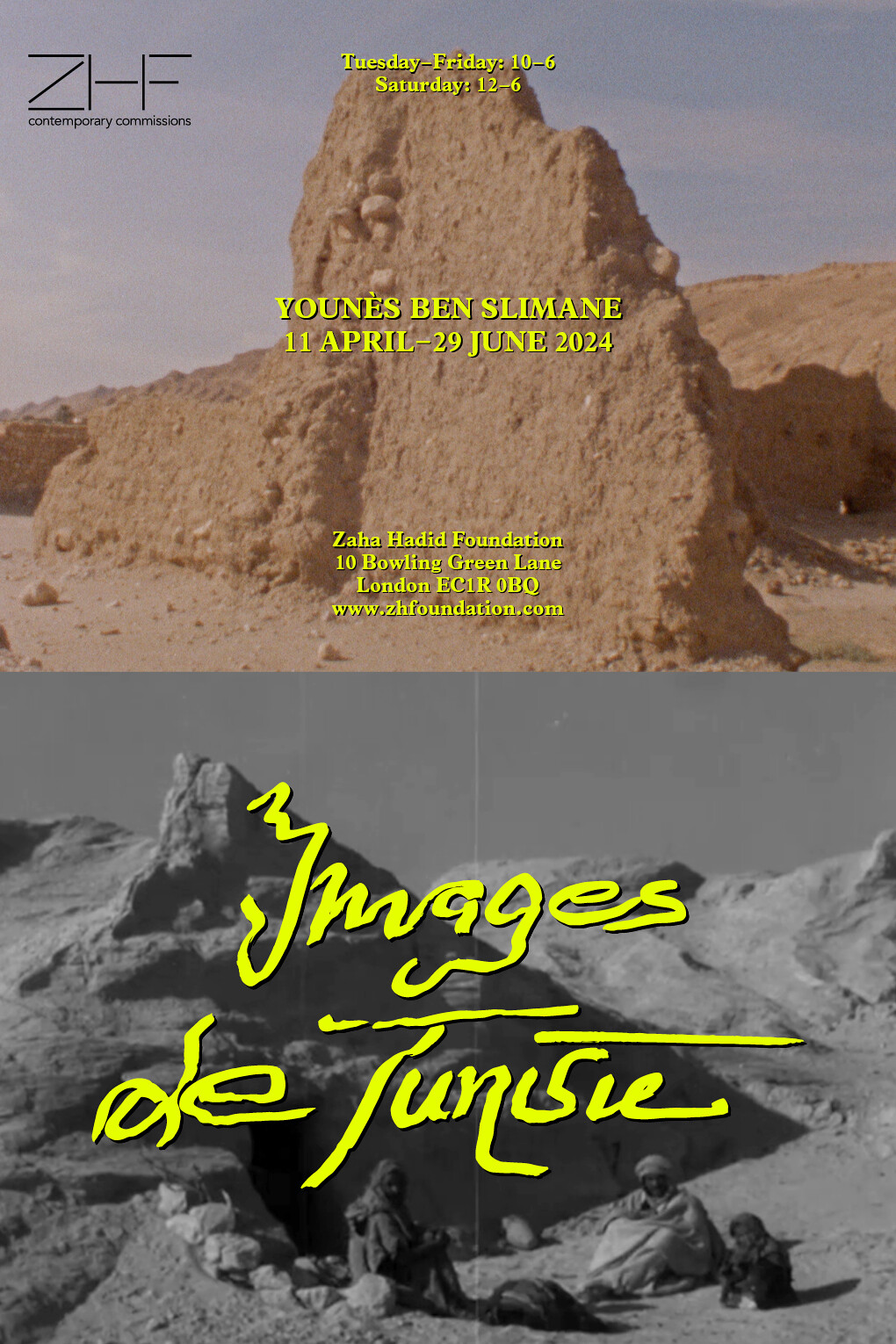Institute of Contemporary Arts (ICA), London
Naunynstraße 53, 10999 Berlin
ELGARAFI BOM DIA Bookshop & Editions, Linienstraße 158, 10115 Berlin-Mitte
Circulating in Berlin, London, a.o. between the years
Our method of argumentation within this issue—bridging streets to the new year—longingly asks: “Who Cares?” Observations from around the world evolved into a general search for care that transcends a discourse and empowers the very selves we are. Poetically, politically speaking.
Arts of the Working Class is a collective tool that re-thinks, re-understands and re-defines aspects of art worker’s social lives. From the (art world’s) care crisis, over the use of creativity and imagination for collective care, conserving, restoring, (an)archiving neglected histories, taking to conditions on the streets with the labour of love, to acting upon the term care as a social concept, that breaks with capitalism’s utilisation & abuse of the ideas and processes of care, well-being and awareness.
This issue about caring beyond the ruling ideology of consumerism, is, as ever, in different languages. With it, AWC fosters the arts’ community and the creativity that humans crave beyond it. At the same time, to look for ways of thematizing basic concerns of nutrition, housing, health, and skill acquisition through arts.
Right and left exist because we have not gone beyond the circumstances that created this binary. Or do you really think that the injustices in the world happening around you have nothing to do with capitalism? Ryan Gander provides tools for a socialist monopoly as an entrance into the depths of the issue, while Fred Dewey revises the character everyone is talking about: the Joker. But there are other more abstract forms of care, like in the words of Ali Van, the obituary for John Giorno by Alison M. Gingeras, the aphorisms of Juliet Jacques, Giles Simon Fielkes’ utopian biopheres, or the documents by Diruba Balak and Mischa Kuball.
Class, in its industrial and marxist essence, is about what people own and the power that wealth allows someone to wield. But this is particularly not the case in the field of the arts. Bakunin, the poem by Amanda de la Garza provides a poetic caress to syndicates, while the curators of the Berlin Biennale for Contemporary Art revisit us with their column about their fundamentals and tools to approach a city like this one. Oh, Berlin. If you could only wear a dress that would help restore empathy, just like the ones Eva Kot’átková designs for half humans, half beasts or artifacts. Her cut-outs are spread along eight pages in our centerfold.
The overwhelming majority of the people that this paper represents are working class because they must work to live. And so it is crucial to present codeofacquisitions.org, the new platform of Ahmet Öğüt & Burak Arıkan, as well as statements made by the members of the New Museum’s Workers Union. The injustices of capitalism are treated by Ann Muller in her notes on Art Brut, and the categories of judgment of artworks in front of disabilities or mental illness. There are enough ways to provide basic needs for all, just like Oscar Santillán reveals with his manifesto of goodness, narrating itself from page to page.
Against generalized standards of benevolence, Michele Lancione questions the idea of home & otherwise care, and Donna J. Haraway contemplates the interactions of humans with many kinds of species, especially with those called domestic. The Universitat der Künste Berlin turns intersectionality inside out, while Katrin Plavcak gently delves into the concern of the state of the world, Tala Madani sprinkles her magical care all over the issue. With all this and for holiday season we want to say: Fuck those misleading notions of happiness and cultivate actual care with attention, kindness, sincerity and solidarity.
AWC is published every two months and contains contributions by artists and thinkers from all over the world. Its terms are based upon the working class, meaning everyone, and it reports everything that belongs to everyone. Everyone who sells this street journal earns money directly. Vendors on the streets keep 100% of the revenues.



